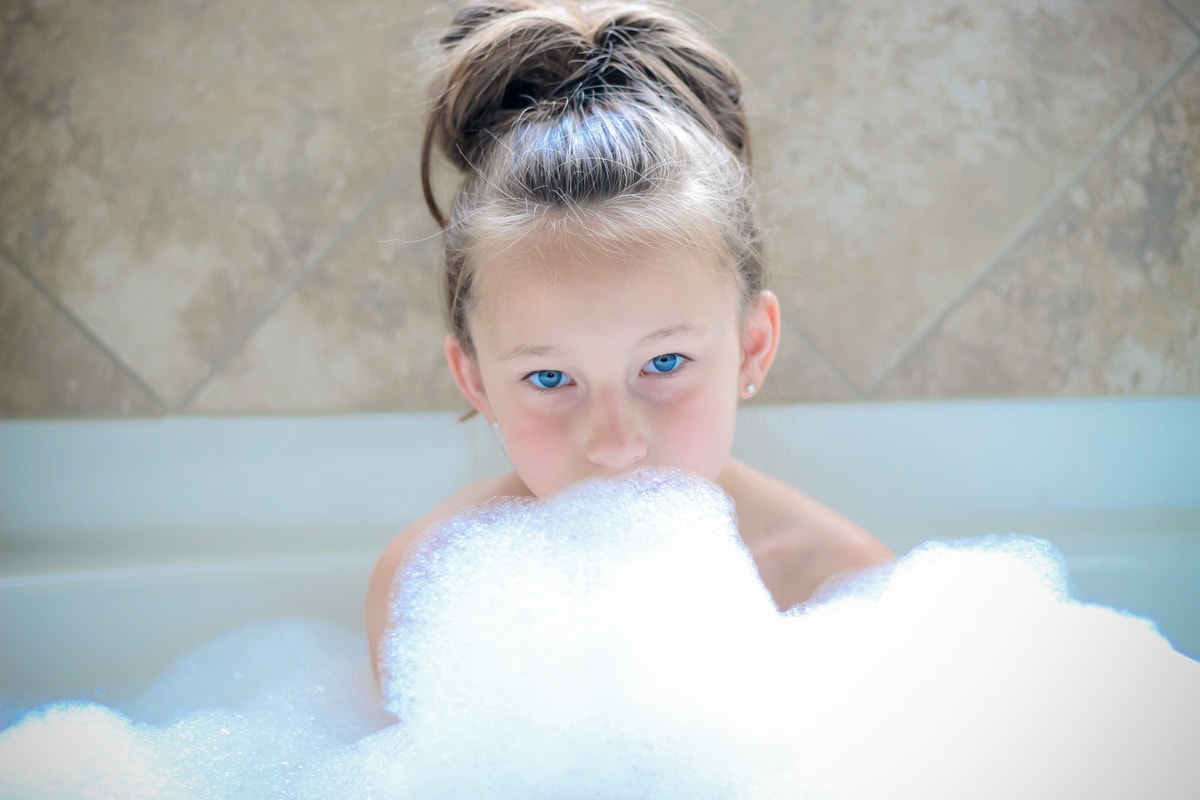“Boys have penises and girls have vaginas” was one of the most popular and comical movie quotes of the early 1990s. Teaching children about their private parts is no new business. It’s not a trend or the forward-t
Let
When To Discuss Private Parts With Your Toddler
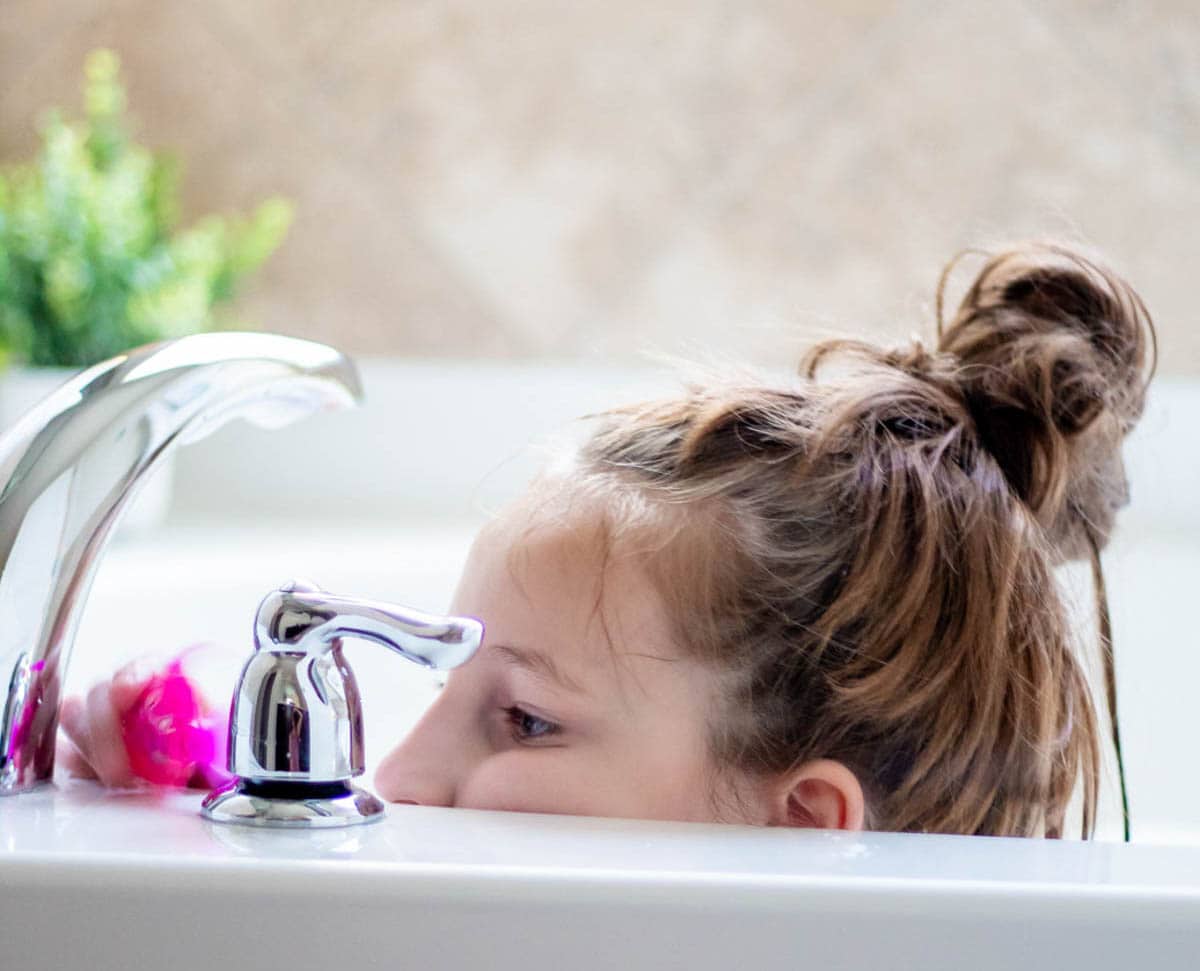
Some parents struggle to have discussions with their children about their private parts, physical functions, or sex. The awkwardness may be traced back to the forced talk with your parents about the birds and the bees, the hilariously stiff descriptions your health teacher lectured about, or like many kids you learned about “all the things” on the back of the school bus from the older kids. However it happened, there is one thing for sure: You didn’t forget it! The American Academy of Pediatrics explains that the way information about private parts and sexuality are delivered can shape the way a child views their physical being and sexuality even into adulthood. No pressure or anything.
So when is the right time to talk to your kids about their private parts? First, you have to practice saying the words: penis, vagina, breasts. You can do this. Once you sound somewhat normal, it’s time to teach your children the terms for their private parts. Bath time, getting dressed, and potty training are all great opportunities to introduce these terms.
For your sake, hopefully, you’re not in the middle of Target or at Thanksgiving dinner when your child’s curiosity arises. In order to avoid this take advantage of your children’s questions at home or start utilizing the terminology early. Either way, once they spring questions on you, that is the unavoidable time to discuss it. By acknowledging and answering their questions honestly, you will make them feel comfortable discussing sensitive topics with you and they will rely on you for honest answers to their questions in the future. Don’t forget that there are questions about relationships and sex not too far down the road. By planting the seed of honesty with them at a young age, you will grow a reliable relationship with them for a lifetime. If you avoid the questions or the terms, you could make them feel like it is something that should not be talked about and is shameful. You can surely see how this can affect physical intimacy later in life.
Read More: 6 Popular Potty Training Methods
How To Discuss Private Parts With Your Toddler
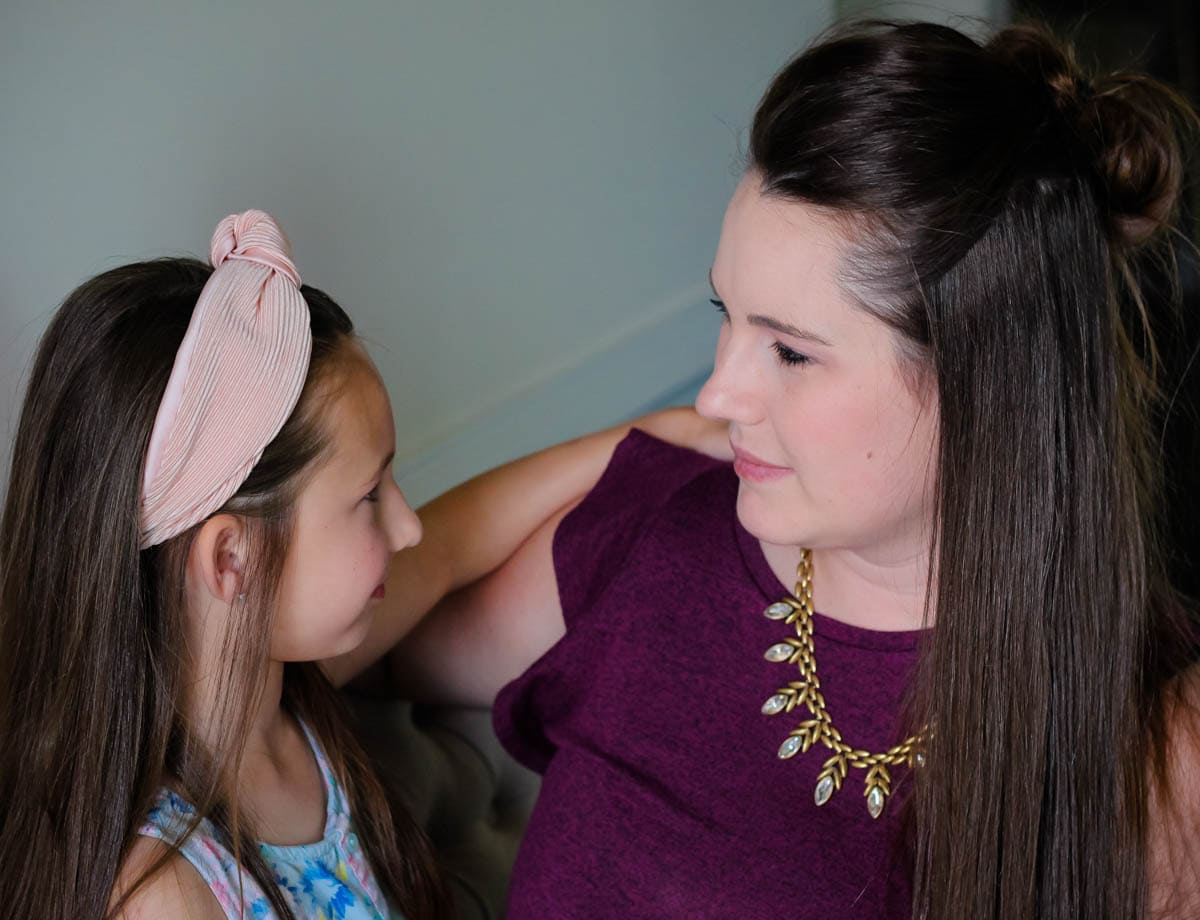
Cincinnati Children’s Hospital advises to not give private parts nicknames. Don’t make them cutesy, funny, or even more awkward. If there has ever been a time to be clear and straight to the point, this is it! Using the anatomical words penis,
Honesty is still the best policy. Some parents try to sugar coat things that they speak to their children about in hopes of protecting them from the harsh realities of the world. Be careful. Softening the content of your message too much could remove the truth entirely. Give them short, direct, and honest answers to their questions without overdoing it. If they have additional questions, rest assured, they are going to let you know!
If you can’t bring yourself to discuss sensitive topics such as private parts for fear that you may fumble through the discussion, take advantage of your co-pay. During one of the many health checks at your pediatrician, ask for help discussing this topic. Pediatricians discuss this topic every day and they are very comfortable doing so. There is no shame in utilizing the health professional in your village.
Read More: 5 Ways To Better Bond With Your Kids
Why You Should Discuss Private Parts With Your Toddler
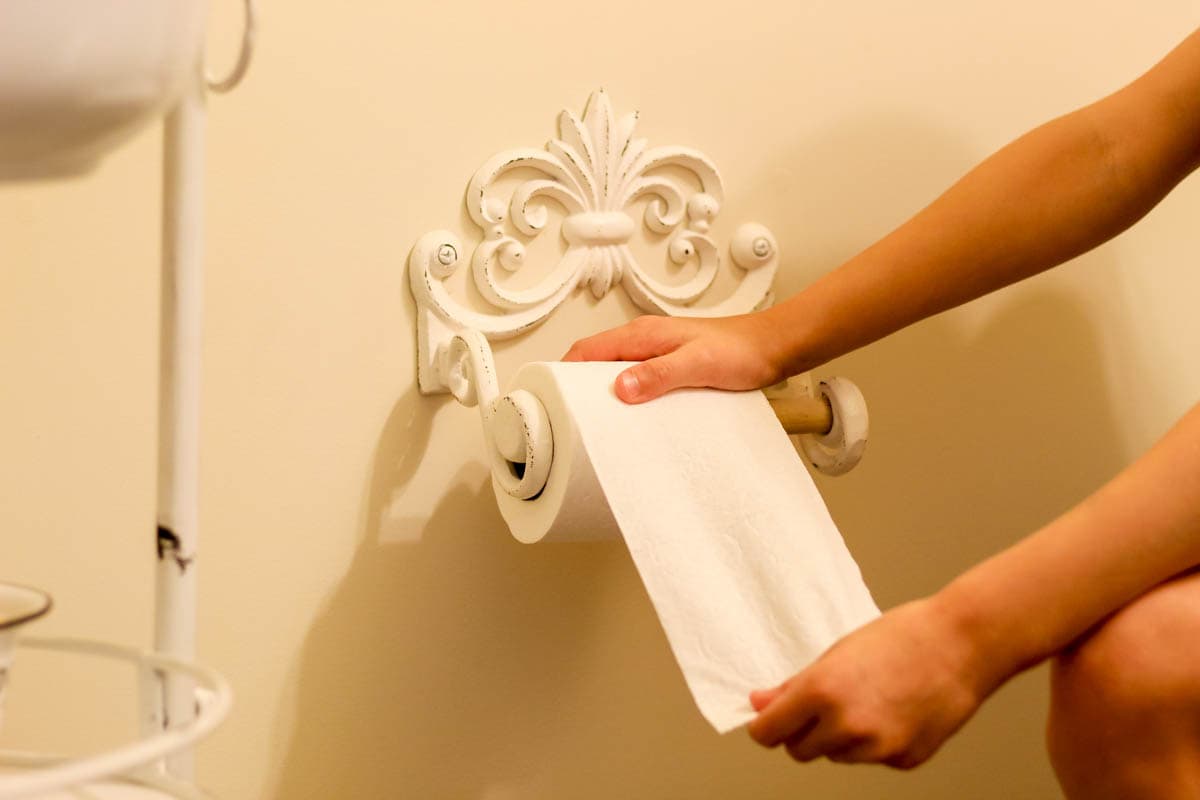
On a serious note, talking with your child about their private parts is of utmost importance. There should be many discussions that reinforce that private parts are, well, private. The American Academy of Pediatrics instructs parents to explain that what children’s bathing suits cover are their private parts. Children should be encouraged to tell a safe adult if they have been touched or made to feel uncomfortable by someone. By opening up dialogue with your child and having a stress-free discussion with them about their private parts, you are showing them that you are comfortable with the topic and they can approach you with questions or concerns.
It is equally as important to teach your child boundaries with others. Just as when they say “no” or “stop” and want someone to stop touching them, they need to stop touching someone else when they say “no” or “stop”. For example, when siblings, cousins, or friends are hugging or horse playing and someone says “no” or “stop”, the action must stop in order to protect the person’s rights. This will help teach children that no matter the case or action, they have control of their body, and when they say “no” or “stop” the action should stop. This creates a clear understanding that continuing the action past the point of saying “no” or “stop” is wrong. Be sure to explain that if that boundary is crossed or if someone touches their private parts that they immediately tell a trusted adult.
Along with knowing what they are called, this is a great time to explain their function and how to care for their private parts. An advanced anatomy course is not needed (not now at least), but explaining the correct way to wipe after using the restroom or that their private parts need to be cleaned in the bath or shower are great ways for you to avoid a trip to the pediatrician’s office for a course of antibiotics.
Read More: 8 Tricks For Developing Positive Relationships With Children
Be easy on yourself. You most likely don’t have a degree in childhood psychology and you are probably winging this parenting thing on the daily. The best advice is that practice makes perfect. Rehearse your honest answers to questions, start educating with correct terminology early, and ensure that your child is informed and supported.
WANT TO READ MORE?
Encountering troubles with potty training? Here are 7 Ways To Overcome Poop Withholding.
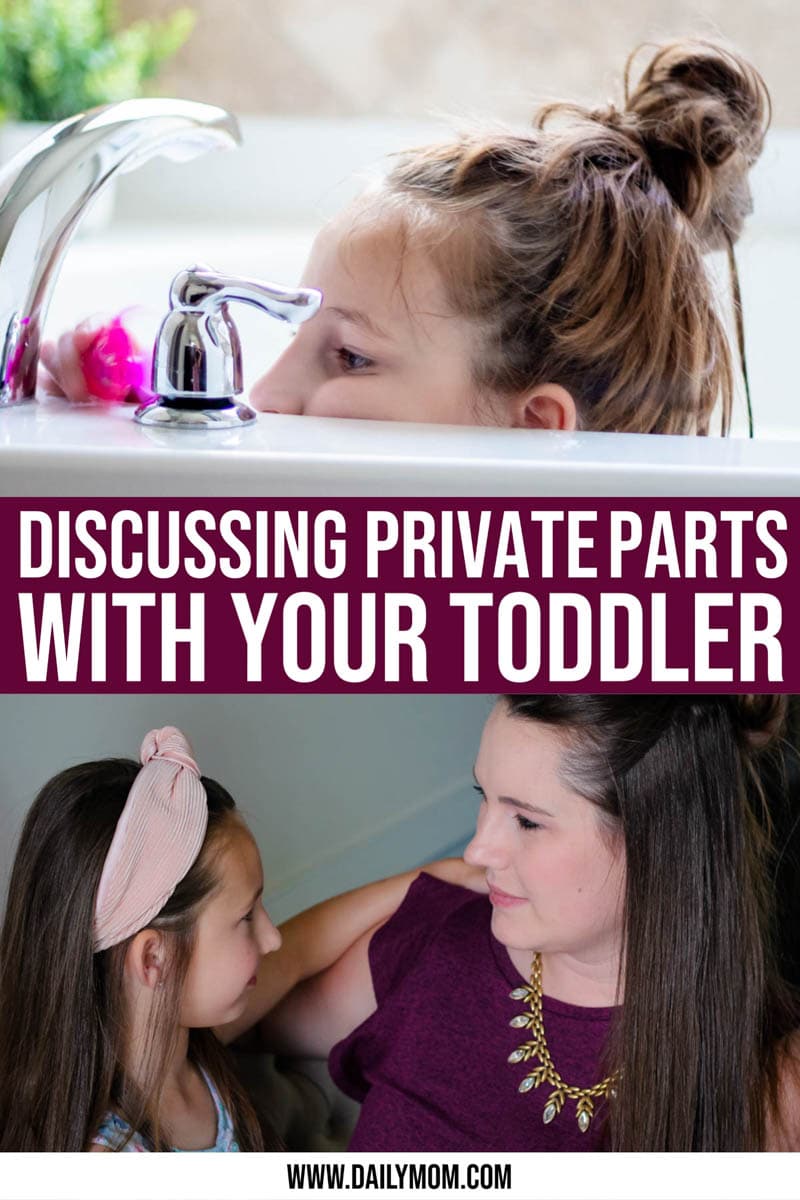
Photo Credits: Amanda Armstrong
Sources: Cincinnati Children’s Hospital, American Academy of Pediatrics



































